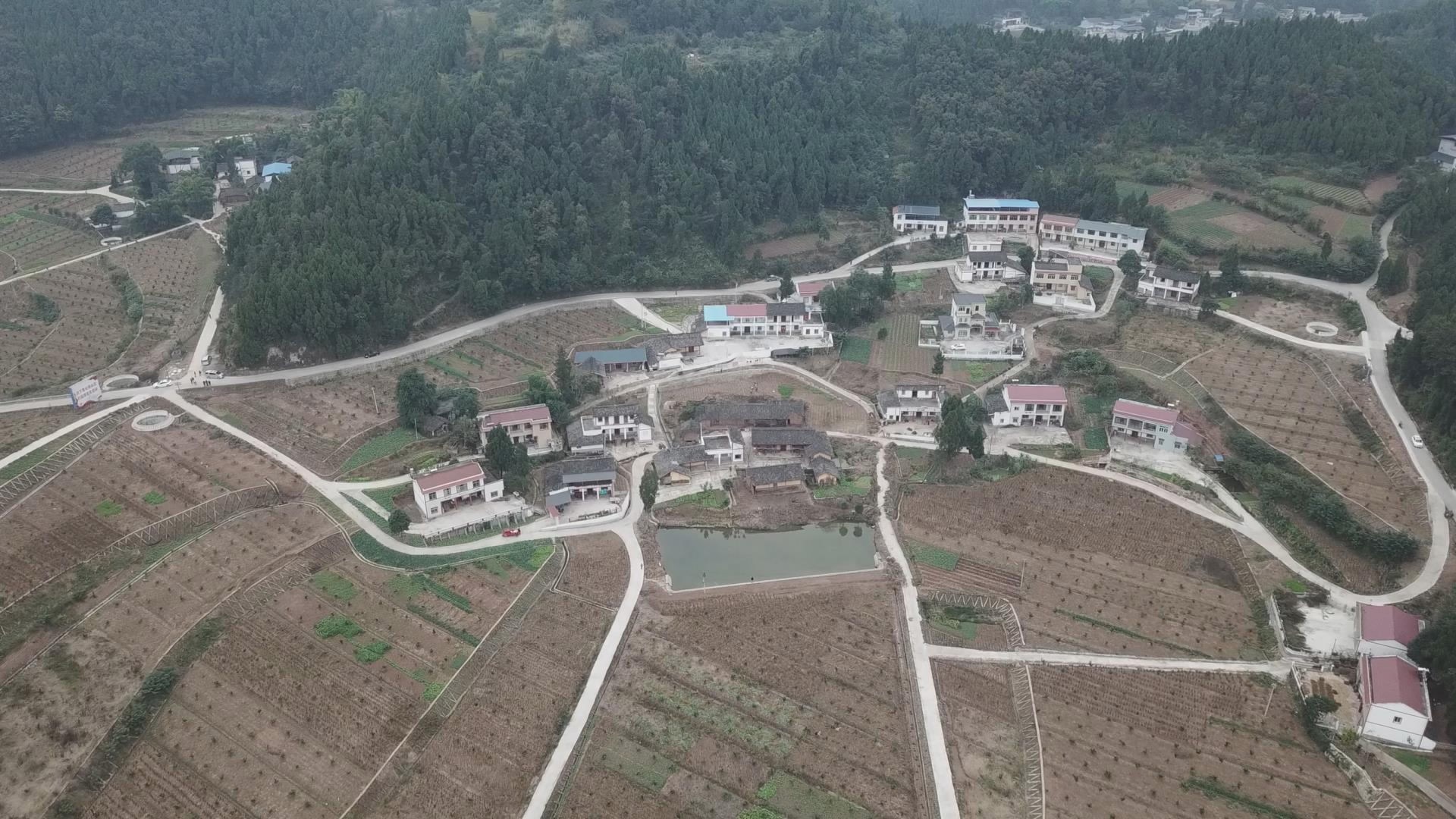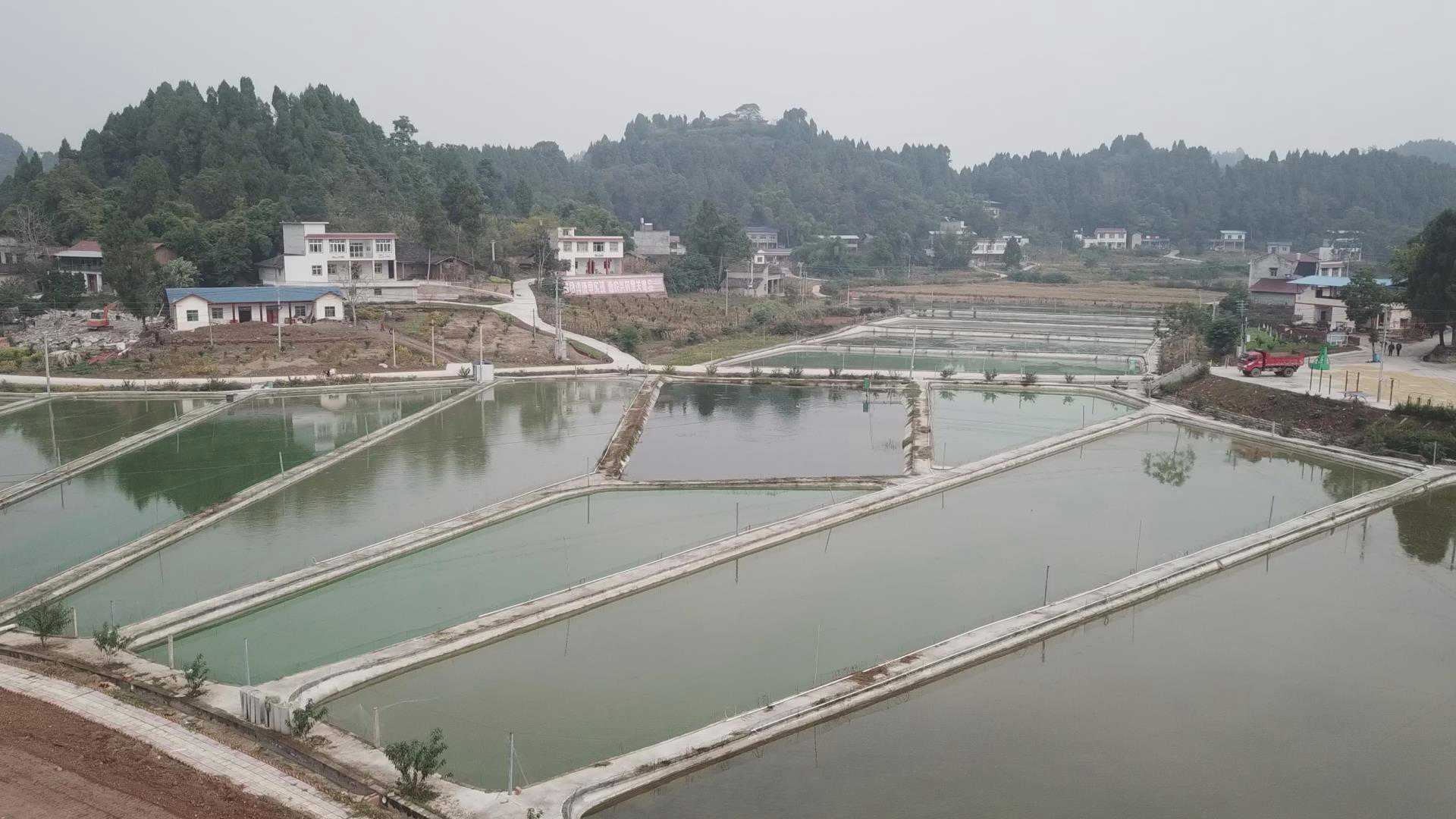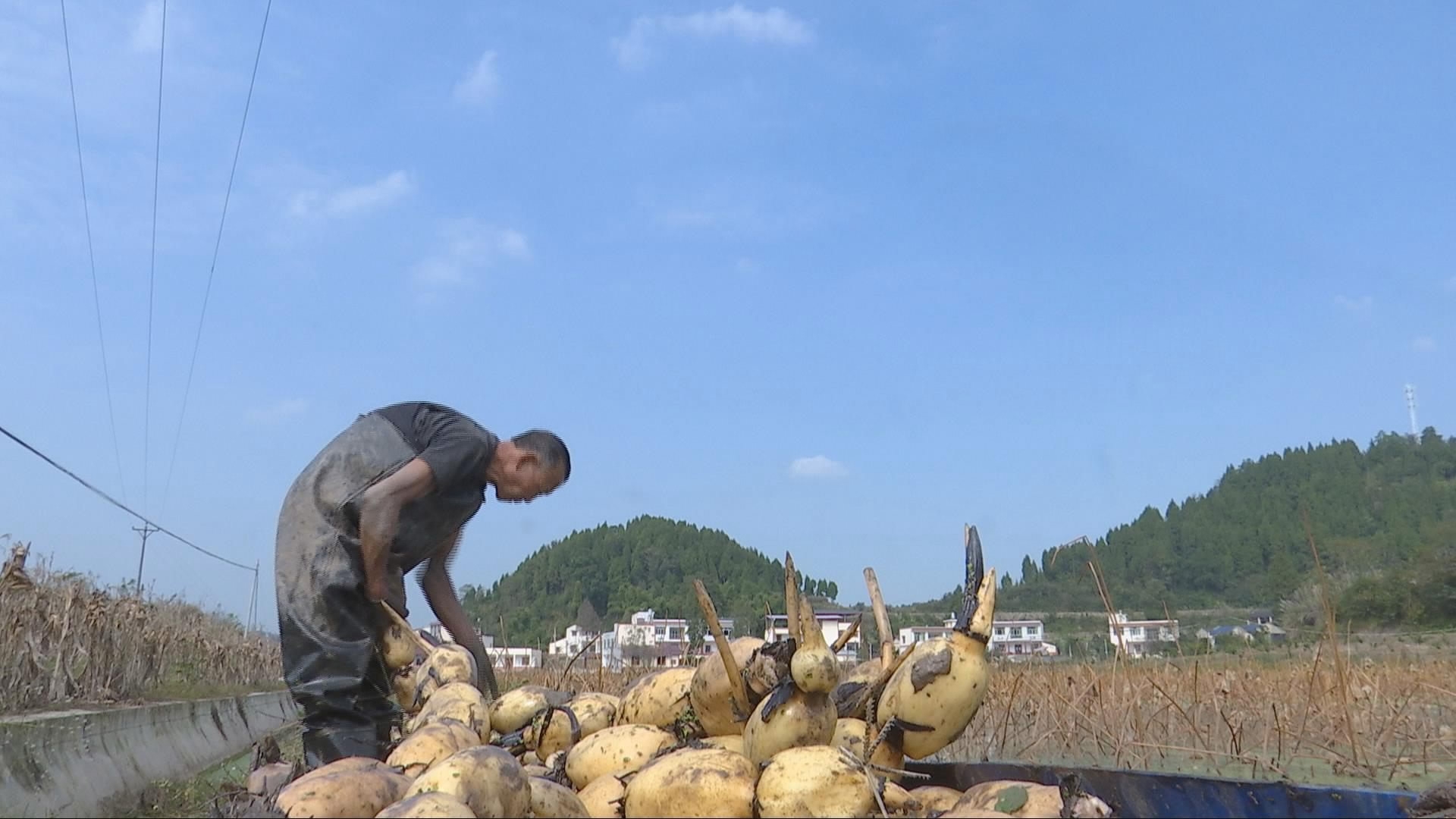
Politics
11:41, 17-Nov-2017
A Sichuan rural area’s way of fighting against poverty
By Yang Jinghao

The initiative of “targeted poverty alleviation” was first put forward by Chinese President Xi Jinping in 2013. Over the past years, the nationwide campaign has brought great changes to the country’s vast rural areas. One of the typical areas is Shuangle Township in the northeast of southwest China's Sichuan Province.
Consisting of nine villages, Shuangle Township has a population of about 13,000. Back in 2014 when the province’s targeted poverty alleviation initiative started, 486 out of 4,487 households with an annual income of less than 2,730 yuan were listed as needy families, accounting for about 10 percent of the whole population.
Thanks to efforts from different levels of government through the years, the number of households in poverty has been reduced to a mere 30.

The loach farming base in Wangjiayan Village, Shuangle Township. The industry was introduced in 2016 as a way to help local farmers to increase income. / CGTN Photo
The loach farming base in Wangjiayan Village, Shuangle Township. The industry was introduced in 2016 as a way to help local farmers to increase income. / CGTN Photo
Wang Kaizhi, head of the township, told CGTN that the poverty alleviation work has been carried out from two aspects.
"First, we help the targeted families solve basic living problems such as housing, medical, and education matters as instructed by the central or provincial governments. Then the county government assigns government employees to help the families to seek solutions on a one-on-one basis," Wang said.
He added that this style of work requires the "helpers" to keep close communication with the targeted families until they are lifted out of poverty.
In fact, government support in the form of funds is one aspect of the alleviation efforts. Some of the villages are now trying to develop proper industries suitable for local conditions as the fundamental way out.
For example, Wangjiayan, one of the three villages of the township listed as in poverty, introduced loach farming in 2016, and this has provided local farmers with many options – getting income from farmland transfers, working under agricultural cooperatives and reaping profit as shareholders.

Harvesting lotus roots. / CGTN Photo
Harvesting lotus roots. / CGTN Photo
Wang Yanbing, 81, is also benefiting from such programs. The elderly farmer living by himself has joined a cooperative of sweet orange and can get about 1,500 yuan per year from the farmland transfer.
He also earns about 4,000 yuan from growing vegetables, with local government providing him with seeds, fertilizers and technical support.
Wang Kaizhi said it will take a few more years to consolidate the achievements that have been made so far and further improve the quality of villagers’ lives, both materially and culturally. As such, related policies and measures will continue even if a family is lifted out of poverty.
1431km

SITEMAP
Copyright © 2018 CGTN. Beijing ICP prepared NO.16065310-3
Copyright © 2018 CGTN. Beijing ICP prepared NO.16065310-3